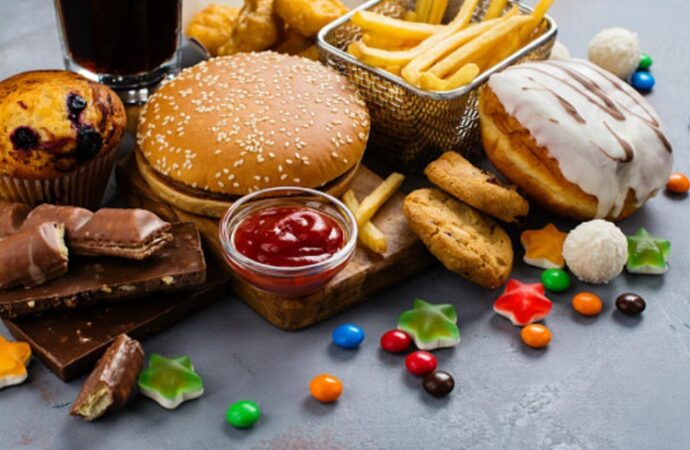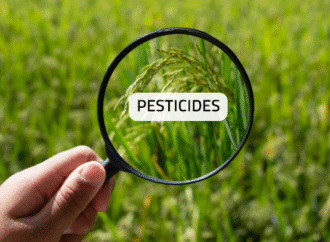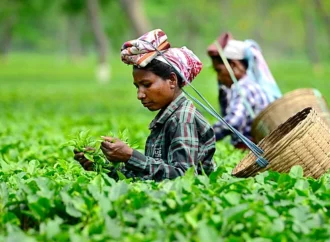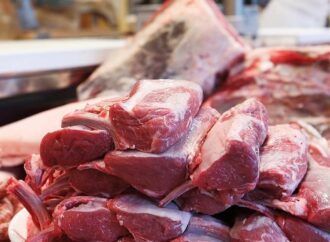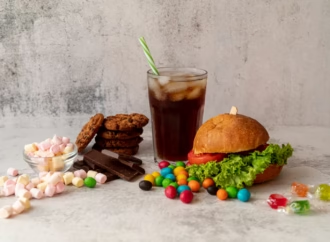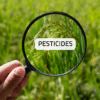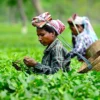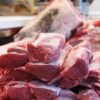Cancer is a multifaceted disease influenced by a combination of genetic, environmental, and lifestyle factors. While genetics and family history certainly contribute, studies show that lifestyle choices, particularly diet, play a much larger role in cancer development. Research links 80-90% of cancer cases to lifestyle and environmental factors. The foods we consume can either protect us or increase our risk of developing cancer. In this article, we will explore six common foods scientifically associated with a higher risk of cancer and shed light on how they may affect our health.
1. Processed Meats
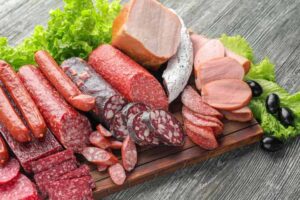
Processed meats, such as hot dogs, sausages, salami, ham, corned beef, and beef jerky, undergo preservation through methods like smoking, salting, curing, or canning. These meats typically contain high levels of sodium, preservatives, and unhealthy fats.
The carcinogenic risks of processed meats arise from substances formed during preservation. For example, nitrates and nitrites used in curing meat create N-nitroso compounds, which are carcinogenic. Smoking meats produces polycyclic aromatic hydrocarbons (PAHs), another group of cancer-causing chemicals. Research links processed meats firmly to colorectal cancer, with evidence also suggesting an increased risk of stomach and breast cancers. The International Agency for Research on Cancer (IARC) classifies processed meats as a Group 1 carcinogen, meaning they are known to cause cancer in humans.
2. Fried Foods
Fried foods, particularly starchy ones like French fries and potato chips, increase the risk of cancer due to the presence of acrylamide. Acrylamide forms when cooking starchy foods at high temperatures, such as frying, baking, or roasting. This chemical can damage DNA and promote cell death, potentially contributing to cancer development.
Consuming fried foods regularly not only raises cancer risk but also increases the likelihood of type 2 diabetes and obesity, both of which link to a higher risk of cancer. Excess fat intake triggers oxidative stress and inflammation, further heightening cancer risk. While research on fried foods and cancer has yielded mixed results, some studies suggest that consuming fried foods increases the risk of gastric cancer.
3. Overcooked Foods
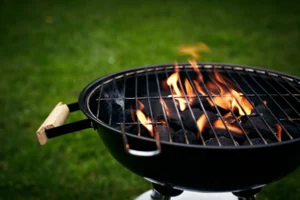
Overcooking food, especially meats, increases cancer risk by creating carcinogens during high-heat cooking methods like grilling, barbecuing, and pan-frying. These techniques produce harmful chemicals such as polycyclic aromatic hydrocarbons (PAHs) and heterocyclic amines (HCAs), which can alter DNA and promote cancer development.
Grilling or barbecuing red meats like beef, pork, and chicken significantly raises the risk of colorectal cancer. Similarly, overcooking starchy foods like potatoes produces acrylamide, a known carcinogen. To lower cancer risk, opt for lower-heat cooking methods such as poaching, slow cooking, or roasting.
4. Dairy Products
Dairy products like milk, cheese, and yogurt increase the risk of certain cancers, particularly prostate cancer. Research suggests that dairy consumption raises levels of insulin-like growth factor 1 (IGF-1), a protein that can promote the growth of cancer cells, especially in the prostate.
Some studies also link high dairy consumption to an increased risk of breast cancer, particularly among premenopausal women. However, the evidence on dairy’s role in cancer development remains inconclusive, and more research is needed to fully understand its impact.
5. Sugar and Refined Carbohydrates

Excessive consumption of sugar and refined carbohydrates, such as sugary beverages, baked goods, and white pasta, can indirectly increase cancer risk. While sugar itself isn’t a carcinogen, consuming it in high amounts can lead to obesity and type 2 diabetes, both of which are known risk factors for various cancers.
Refined carbohydrates like white bread and sugary cereals spike blood glucose levels, contributing to insulin resistance and weight gain. These conditions have links to an increased risk of cancers like colorectal, ovarian, and breast cancer. To reduce cancer risk, replace refined carbohydrates with healthier alternatives such as whole grains, brown rice, and oats.
6. Alcohol
Alcohol consumption has been conclusively linked to an increased risk of several types of cancer, including those of the head and neck, oesophagus, liver, colon, rectum, and breast. When the body breaks down alcohol, it produces acetaldehyde, a carcinogenic compound that damages DNA and interferes with immune function, potentially allowing cancer cells to proliferate.
Alcohol also raises estrogen levels in women, increasing the risk of estrogen receptor-positive breast cancer. Limiting or avoiding alcohol intake can significantly reduce cancer risk. The American Cancer Society recommends that women consume no more than one drink per day, while men should limit their intake to two drinks per day.
Conclusion
Diet plays a critical role in determining your cancer risk. Processed meats, fried foods, overcooked foods, dairy products, sugar, refined carbohydrates, and alcohol all increase the likelihood of developing various cancers. While exposure to these foods does not guarantee cancer development, reducing their consumption helps lower your risk.
Conversely, a diet rich in fruits, vegetables, whole grains, and nuts can reduce your cancer risk. By adopting a balanced, nutrient-dense diet and maintaining a healthy lifestyle, you can take significant steps toward cancer prevention and overall health.
 Food Manifest
Food Manifest 